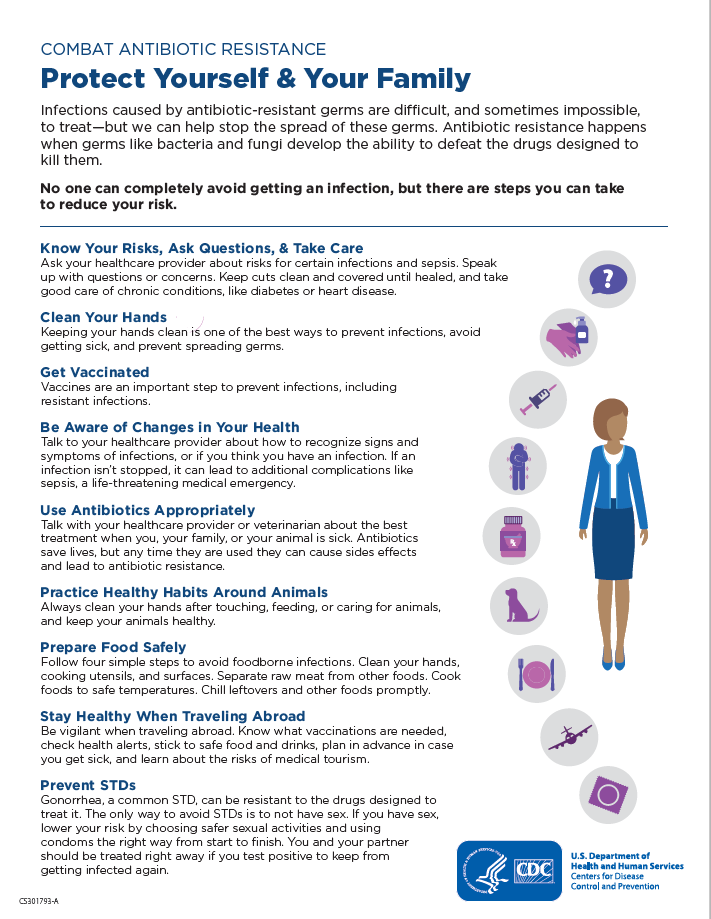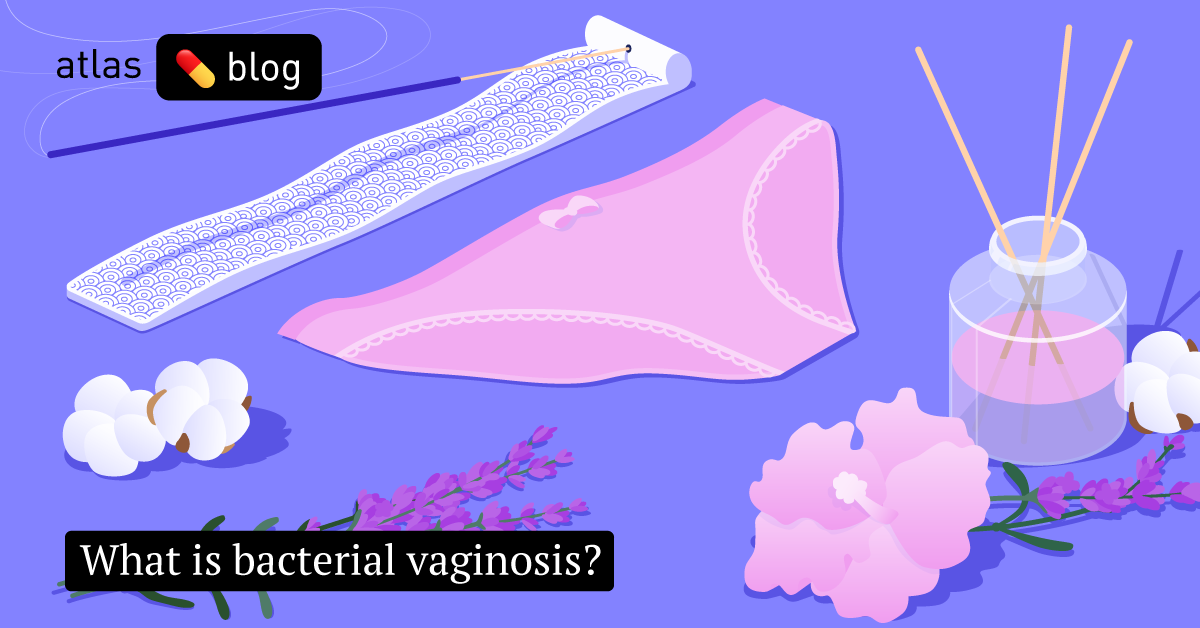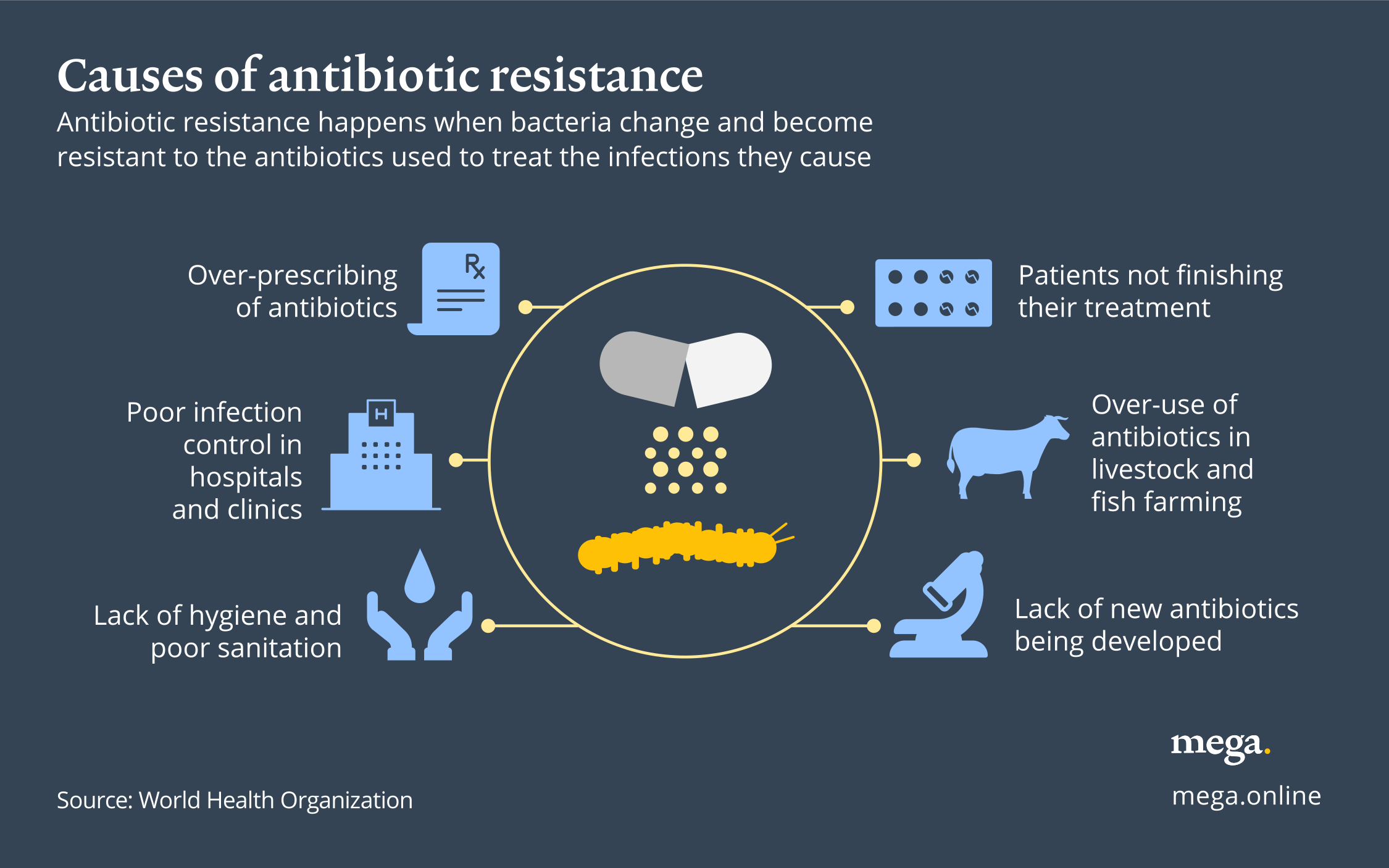Favorite Info About How To Avoid A Bacterial Infection
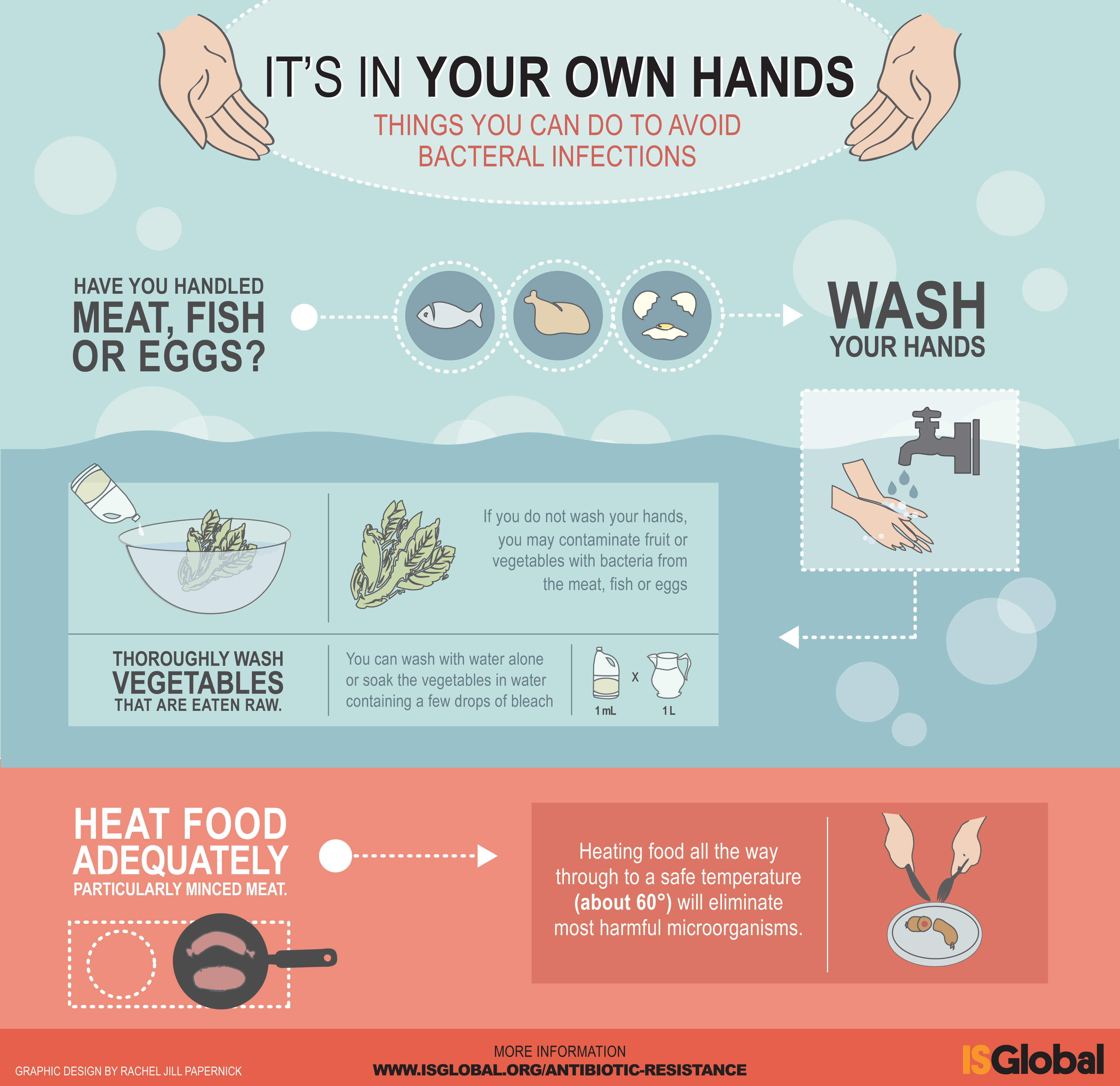
Practicing good vaginal hygiene can help lower your risk of infection.
How to avoid a bacterial infection. It is also important to keep equipment as clean as possible to prevent infection. Bacteria weaken teeth, cause tooth decay, and can create bacterial tooth infections. Getting yourself, family, friends, and caregivers vaccinated against the flu and other infections prevents spread of disease.
Lavender is a gentle antibacterial, palma rosa and geranium are both strong antibacterials. The small intestines have very few bacteria — only 10,000. Cover your mouth and nose.
So go easy on the sugar! If the infection is staph, or possibly. Tea tree and manuka, of course, are well known antibacterials.
When you sneeze or cough, germs. Regularly emptying your bladder ensures urine is not. It’s important to note that oral sex may also increase your risk of bv.
Try drinking at least 50 ounces, or about 1.5 liters, of fluid daily to prevent infections. You must keep the food moving fairly rapidly in the small intestine so no pathogenic bacteria begins to grow. If you’ve been treated for bv, consistently using condoms may prevent the infection from returning.
Bacterial infections can be highly contagious, so you need to take special care to avoid spreading infections by washing hands, covering up when. 3 you don’t need to do a lot to keep your. How can bacterial infections be prevented?

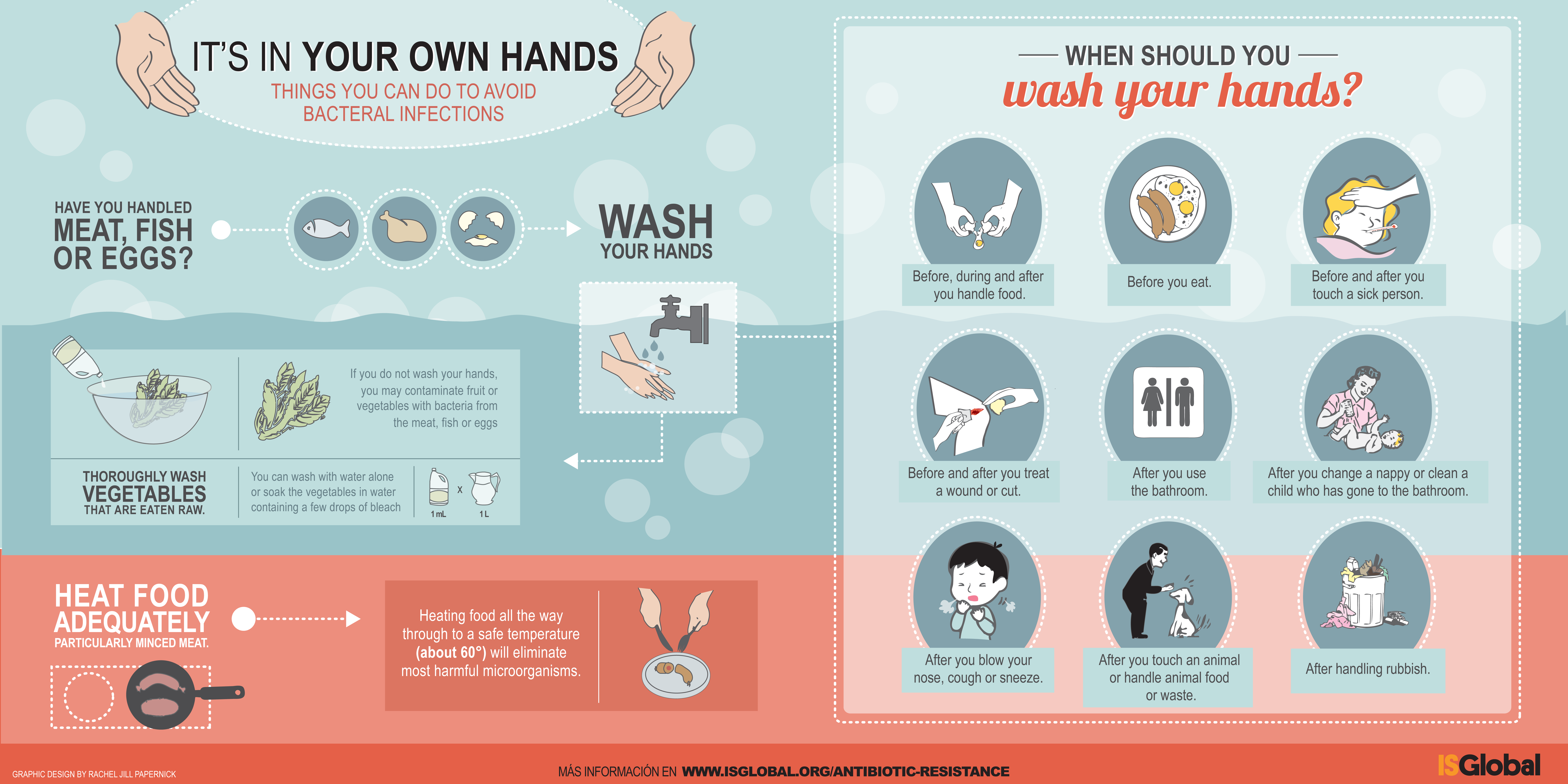
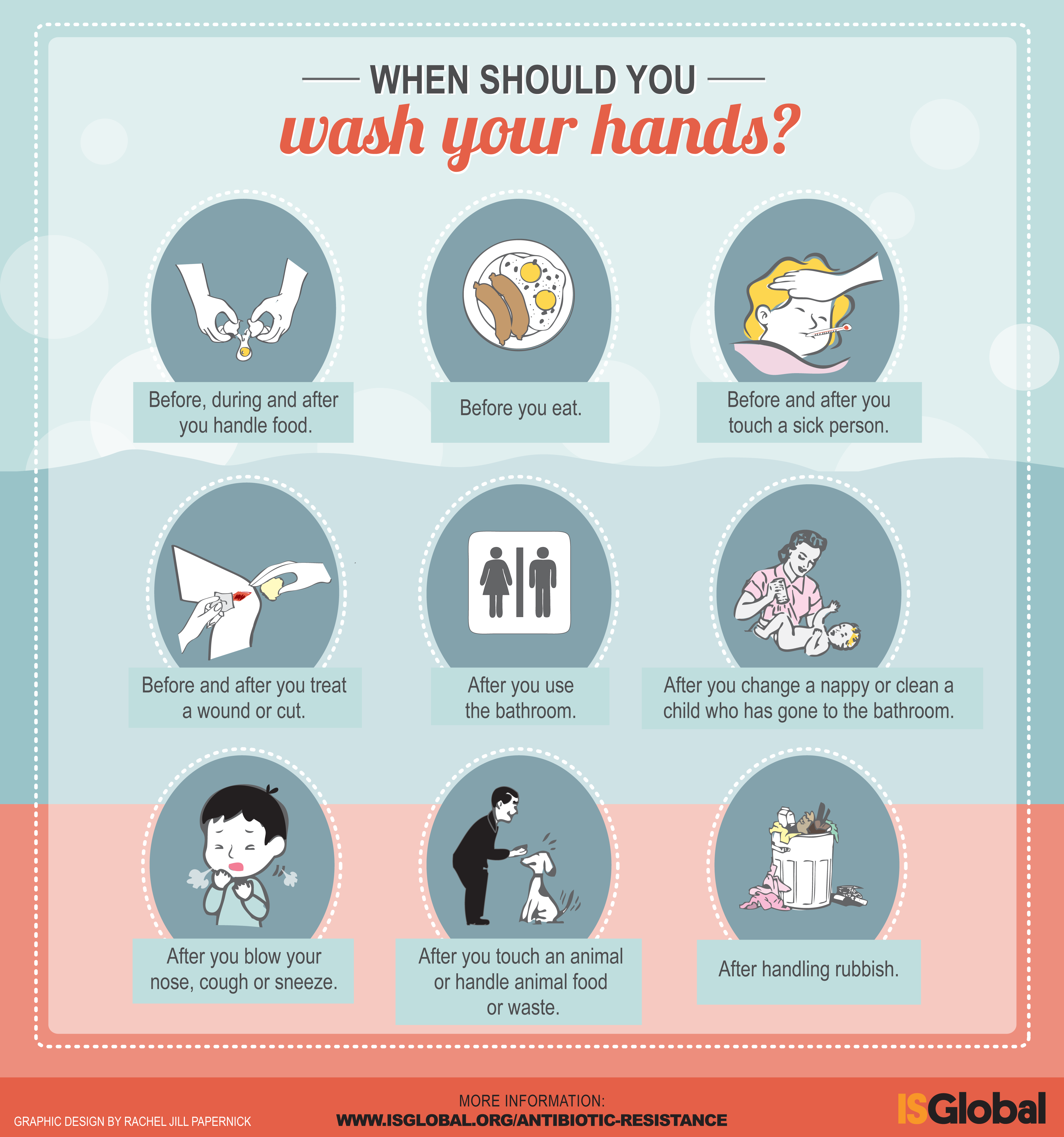
:max_bytes(150000):strip_icc()/is-bacterial-vaginosis-preventable-3522250_final-b2557001201f4bd6a0ed9282401997ac.jpg)
/bacterial-vaginosis-risk-factors-16-5b0d7390a474be00375b57b7.png)
/bacterial-vaginosis-risk-factors-16-5b0d7390a474be00375b57b7.png)

:max_bytes(150000):strip_icc()/what-is-a-bacterial-infection-7705652_final-2f1b8b2429b2495c8333b584512d3afa.jpg)

